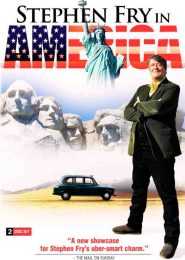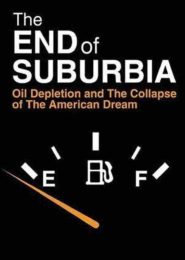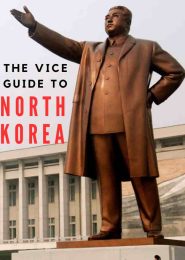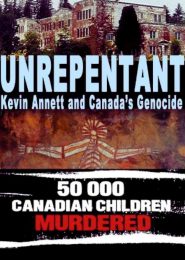The Shock Doctrine (2009)
The Shock Doctrine (2009) is a documentary that unravels the intricate web of neoliberal economic policies and their impact on societies worldwide.
Based on Naomi Klein’s book of the same name, the film challenges the prevailing myth that global free markets triumphed solely through democratic means.
The shock doctrine theory posits that during periods of chaos—following wars, coups, natural disasters, and economic panics—pro-corporate reformers aggressively push through unpopular “free market” measures.
The film traces these origins to the radical theories of economist Milton Friedman and his Chicago School of Economics.
Their influence extended across diverse situations, from Pinochet’s Chile to Yeltsin’s Russia and Thatcher’s Britain.
The Shock Doctrine dives into how disaster-shocked countries became fertile ground for implementing neoliberal policies. The exploitation of crises allowed these policies to dominate.
Dictators like Pinochet and Videla enforced these measures through torture and repression, while democratic countries faced resistance and opposition.
It reveals the reality of how economic shocks perpetuate inequality and plunge societies into perilous waters.
As the shock doctrine unfolds, viewers witness a tapestry of political maneuvering, economic upheaval, and the pursuit of power.
In summary, The Shock Doctrine unveils the secrets behind disaster capitalism, a documentary that prompts us to seek more than just economic reforms and to navigate the complexities of our ever-changing world.




